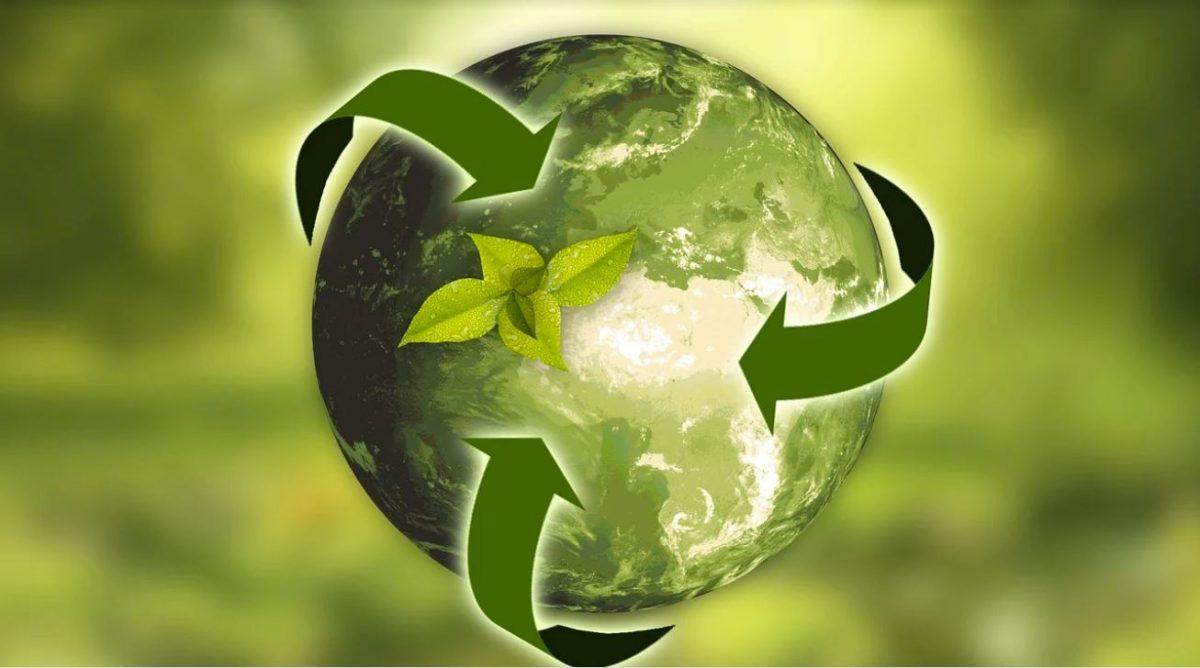In partnership with Durham University Business School, Nottingham Trent University and Conestoga College, the Rowan Center for Responsible Leadership hosted “Accelerating Progress Towards a Circular Economy,” which featured Chris Coulter, the CEO of GlobeScan.
This presentation served as a continuation of the Feb. 24 conversation, when all four universities discussed fashion in the circular economy. In the previous event, Dr. Susana C. Santos, Rajul Singh, Laura Matheson, Chris Jones and Helen Goworek all convened to discuss ways in which we can reduce clothing waste as a society.
As described on their website, GlobeScan is an insights and strategy firm that helps companies, NGOs and governmental organizations build the trust that they need to create enduring value for themselves and society.
“I work at a company called GlobeScan, and we’ve done lots of research – public opinion, consumer research and stakeholder research – all with the intention of trying to understand what is going on, and what do organizations need to do to be successful in the long term,” Coulter said.
To see ongoing success, Coulter suggests broadening the scope of what you understand.
“To be successful in the long term,” Coulter said, “you need to be sustainable, you need to be responsive, you need to understand the context within which you’re operating and you need to understand expectations of various, different stakeholders.”
For 20 years, GlobeScan has been conducting an annual global public opinion and consumer research study to explore context and issues of sustainability. The goal of this study is to define what it means for us, as consumers, and how we’re living in today’s society. As of June 2020, the study had 27,000 interviews completed.
One of the first questions that the survey asked was how COVID-19 has affected the issues we see today, like climate change, depletion of natural resources and extreme poverty. Out of these 27,000 interviews, 68% of respondents across the globe agreed that COVID is a very serious problem, which seemed all too obvious.
“What’s been interesting – and [what was] one of our hypotheses – was, can we as a society juggle more than one issue at a time? Because sometimes we can’t,” Coulter said.
Another question from this survey centered around an important topic that has been at the forefront of all conversation over the past year.
“Should we get back to the economy as quickly as possible after coronavirus, or should we restructure it in a way that deals with things like inequality and climate change?” Coulter asked.
From all who responded, 55% agreed that there should be a more transformational approach to the economy after the pandemic, and 45% believed that it would be better to get back to normal as quickly as possible.
Through this survey, and all of the work that they do, GlobeScan has been watching what companies will do to make our environment safer for future generations.
“We’ve been doing lots of work trying to understand the expectations for companies, how companies can be future fit for their own interests and how they can make a contribution through their commitments and business models,” Coulter said.
The drive of GlobeScan is a desire to seek change for the next 50+ years, and without action from those who are capable, this cannot happen.
“What’s really interesting through this process, and through the last couple of years, is that we have seen a significant increase in expectations from the world to do things different,” Coulter said. “These are kind of incremental, but they are important. We want companies to make safer and healthier products… treat their employees well… not to harm the environment, and… be a bit more visionary and purposeful in orientation to resonate with us and engage us as consumers.”
For comments/questions about this story, email [email protected] or tweet @TheWhitOnline.























































































































































!["Working with [Dr. Lynch] is always a learning experience for me. She is a treasure,” said Thomas. - Staff Writer / Kacie Scibilia](https://thewhitonline.com/wp-content/uploads/2025/04/choir-1-1200x694.jpg)








































